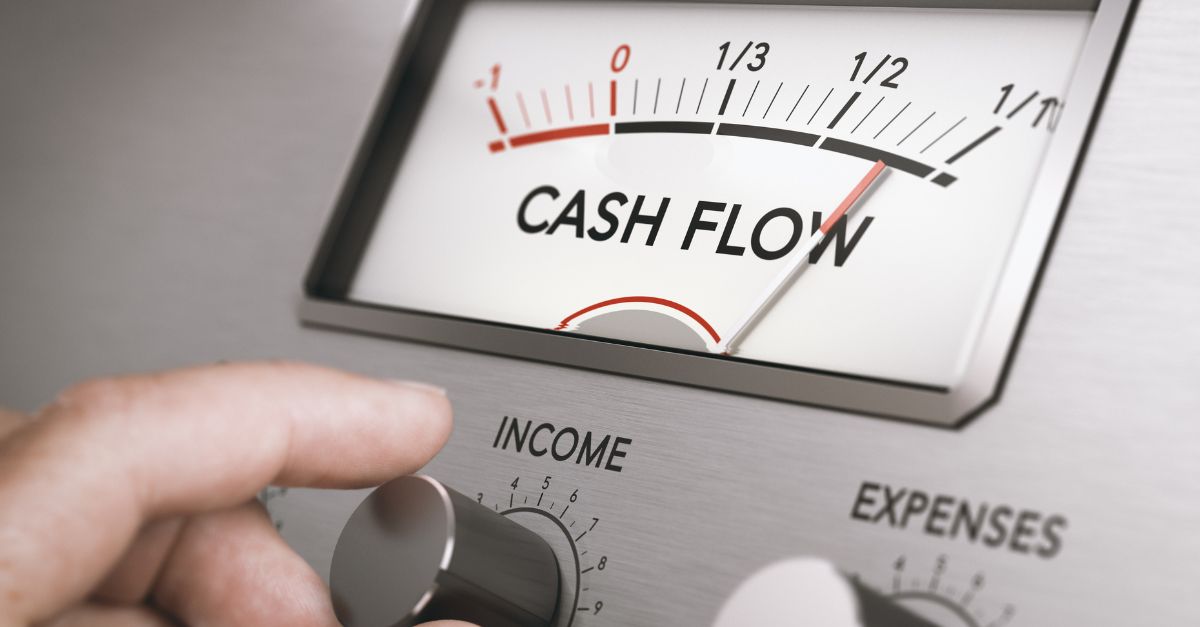Managing cash flow is crucial for the success of any business, particularly for electrical contractors. A healthy cash flow ensures that you can cover operational expenses, purchase supplies for upcoming projects, and pay your employees on time. Unfortunately, common mistakes like delayed invoicing can lead to significant cash flow problems. Here are some essential strategies to help electrical contractors maintain a steady cash flow and keep their businesses thriving.

Set up an efficient invoicing system
One of the most effective ways to manage cash flow is to set up an online accounting system. Systems like Xero, MYOB, or QuickBooks are particularly useful for tradies. These platforms often come with mobile apps, allowing you to create and send invoices immediately after completing a job. Prompt invoicing not only speeds up payment but also projects a professional image to your clients, reducing the risk of buyer's remorse and increasing the likelihood of repeat business.
Accept payments on-site
To further streamline the payment process, set up a credit card or EFTPOS facility. This allows customers to pay as soon as the job is finished. For residential work, communicate your payment expectations clearly before starting the project. A simple question like, "Will you be paying by cash or credit card?" can set the right expectations and facilitate prompt payment.
Request deposits
Requesting a deposit before beginning work is another effective strategy to improve cash flow. This ensures that a portion of the payment is received upfront, providing you with funds to cover initial expenses. It also reduces the financial impact if the client delays the final payment.
Follow up on invoices
Effective accounts management is essential for maintaining cash flow. Send out invoices immediately after completing a job and follow up on them regularly. Consider setting up automatic reminders or issuing progress invoices to keep payments on track. Timely payment of invoices can significantly improve your cash flow and support business growth.
Review your pricing strategy
If clients consistently delay payments, it might be time to review your pricing strategy. High prices can lead to payment delays, so consider negotiating better deals with your suppliers to lower your costs. This allows you to offer competitive prices without compromising your revenue.
Negotiate payment terms
Negotiating shorter payment terms with your clients can help improve cash flow. While 30-day payment terms are standard in the industry, reducing this period can ensure you receive payments faster. Additionally, negotiating longer payment terms with your suppliers can create a beneficial cash flow cycle, where money comes in faster than it goes out.
Engage with the ATO
Negotiating flexible payment terms with the Australian Taxation Office (ATO) can also help manage cash flow. By arranging to pay your taxes later or securing more favourable payment terms, you can slow down the outflow of money, thus maintaining a healthier cash flow. If managing tax negotiations yourself seems daunting, consider building a strong accounting team to handle these aspects and identify potential tax benefits.
Regularly assess your financial health
Regularly reviewing your financial health is vital. This includes keeping an up-to-date asset register that tracks the purchase date, last update, maintenance responsibilities, and licensing details of all your tools and software. Such diligence ensures you are aware of the financial implications of each asset and can plan for upgrades or replacements without disrupting your cash flow.
Maintaining a healthy cash flow is the backbone of a successful electrical contracting business. By implementing efficient invoicing systems, accepting on-site payments, requesting deposits, and managing your accounts diligently, you can avoid common cash flow pitfalls. Additionally, reviewing your pricing strategy, negotiating payment terms, and engaging with the ATO for favourable tax conditions can further stabilise your cash flow. Ultimately, these strategies will not only keep your business afloat but also position it for sustainable growth.




